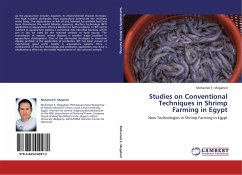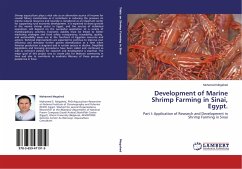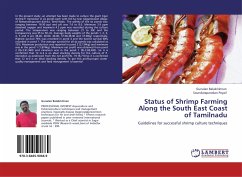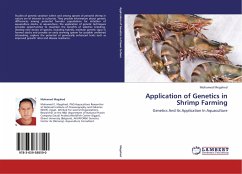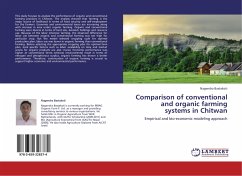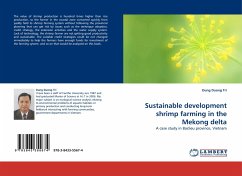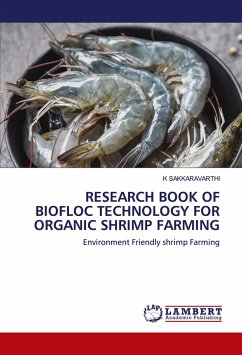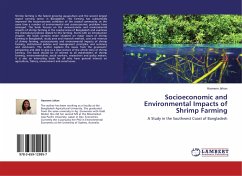As the aquaculture industry expands, its environmental impacts increases. The high nutrient discharges from aquaculture deteriorate the receiving water body. The dependence to fish oil and fishmeal for artificial feed has been threatened the world fisheries resources. Bio-flocs technology (BFT) application in aquaculture offers a solution to both problems. In BFT excess nutrient in aquaculture systems is converted into microbial biomass, which can in situ be used by the cultured animals as food source. The transmission of aquatic animal diseases is another major problem in aquaculture development. One of the alternative strategies to overcome disease problem is the application of probiotics. BFT has been proven of maintaining good water quality in aquaculture systems. Thus, a combination of bio-floc technology and probiotics application may have a simultaneous effect on the health maintenance of the cultured animals.
Bitte wählen Sie Ihr Anliegen aus.
Rechnungen
Retourenschein anfordern
Bestellstatus
Storno

